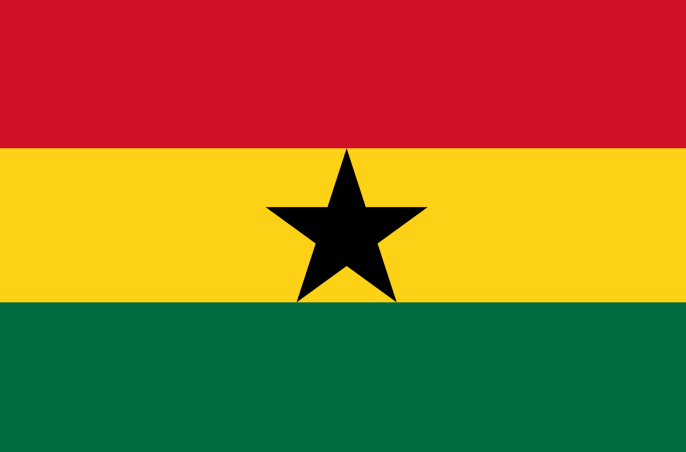Ghana's cashless payment system woes

Software developer and tech entrepreneur, Agana-Nsiire Agana, has said the poor development of cashless payment system in Ghana has made very difficult and expensive for local tech companies, especially startups, to ask users to pay for their services.
Agana's co-founded startup, Dokita, allows Ghanaians to interact with doctors to get answers to their medical queries, as well as get informed on topical issues.
However, the startup has not been able to roll out its premium service and move beyond the limit of information dissemination and actually assist patients in booking appointments with doctors. The intention is to also answer follow-up questions that could guide the health professional in making a sound medical judgment on a patient's condition without seeing the patient directly.
He noted that only a few banks are offering credit and debit cards to their customers, while only a small proportion of mobile subscribers are using mobile money - a resource which is not easy to deploy for ecommerce purposes.
Agana told ITWeb Africa his company is testing various payment methods before they roll out a premium service for paying users.
"We are testing various mediums of payment. We've been working with mobile money and credit card payment. I don't know which one would work better. Naturally people will say it is mobile money but we have to figure out how to make very easy for people to transfer money. The experience with mobile money is not yet seamless which means credit card would be best appropriate. Then again, how many people have credit and cards in Ghana? We are testing all of them."
While Ghanaians are tech enthusiasts willing to pay for good services online, he said entrepreneurs operating in the sector are still trying to figure out the most appropriate implementation, deployment and payment strategies.
"In Africa we've made some modest progress in solving the challenges we have around online payments. But we are haven't fixed beyond the wildest stretch of imagination – at least not in Ghana. Mobile money is there, but it is not really simple to use it considering its numerous steps, something that may be cumbersome for the average person on the street. Furthermore, uptake is very low. I don't think 10% of telecoms subscribers in Ghana have adopted any form of mobile money.
"Credit card payments are still restricted to certain types of accounts in certain banks. People don't just have access. If you will successfully rollout any internet-based software business in Ghana, you are going to have to figure out a way to sustainably raise your revenue. This is very difficult and it's expensive to make money. That's the irony of it. It's expensive because you constantly have to think around different strategies.
"With time, as these things improve, it should become possible for Ghana to have a full-fledged digital health industry. I'll say within the next 5 years," Agana added.
SOURCE:ITWEBAFRICA
 Africas leading resource for digital financial services
Africas leading resource for digital financial services


comments